Moldova says 'Yes' to pro-EU constitutional changes by tiny margin
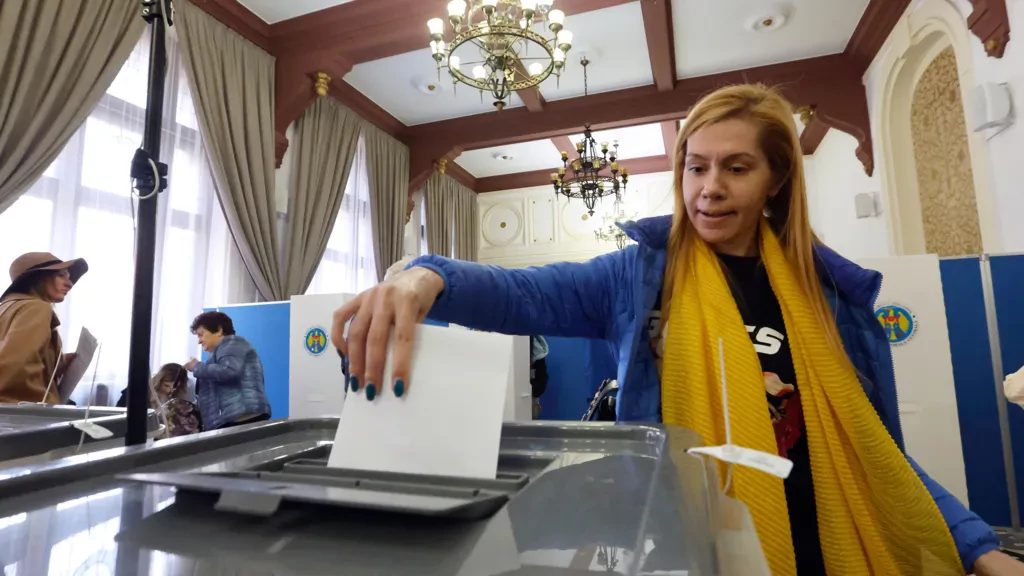
BBC News, October 21 — People in Moldova have backed the Eastern European country's proposed changes to its constitution and commitment to joining the EU by the thinnest of margins in a referendum.
Official data put Yes on 50.46% and No on 49.54% on Monday afternoon, with more than 99.6% of votes counted.
The knife-edge nature of the vote has come as a shock to many. The referendum had been widely expected to comfortably pass in the country of 2.6 million, which borders Romania and Ukraine.
The vote was combined with presidential elections in which Maia Sandu, the incumbent pro-EU president, failed to win re-election outright and faces a second round next month.
Responding to the referendum result, she said pro-EU forces had won the first battle in a "difficult fight", which she also called "unjust".
She accused those she called Moldova’s "enemies" - and criminal groups – of trying to buy votes and said it was a dangerous phenomenon for any democracy.
On Sunday, Sandu had denounced the narrow result as the product of foreign interference in Moldovan politics and said Moldova had suffered an "unprecedented assault on democracy".
On neither occasion did she refer to Russia explicitly, but in recent weeks Moldovan authorities uncovered a giant scheme of payments coming from Moscow – and paid to people to vote against her and the EU referendum.
The Kremlin spokesman, Dmitry Peskov, said Sandu would need to present "evidence" for her claims that there had been foreign interference in the vote.
EU spokesperson Peter Stano said on Monday that the vote had taken place "under unprecedented interference and intimidation by Russia and its proxies".
Last month Ilan Shor, a pro-Russian Moldovan businessman and politician who now lives in Russia, said he would pay money to convince “as many people as possible” to vote No or to abstain in the EU referendum. This week, Shor then made a video statement telling people to vote for "anyone but Sandu" in the presidential election.
On Sunday, the BBC stumbled upon evidence of vote-buying at a polling station for residents of the breakaway Moldovan region of Transnistria - which is economically, politically and militarily supported by Russia.
A BBC producer heard a woman who had just dropped her ballot in the transparent box ask an election monitor where she would get paid.
When we asked directly whether she had been offered cash to vote, she admitted it without qualms. She was angry that a man who had sent her to the polling station was no longer answering her calls. “He tricked me!” she said.


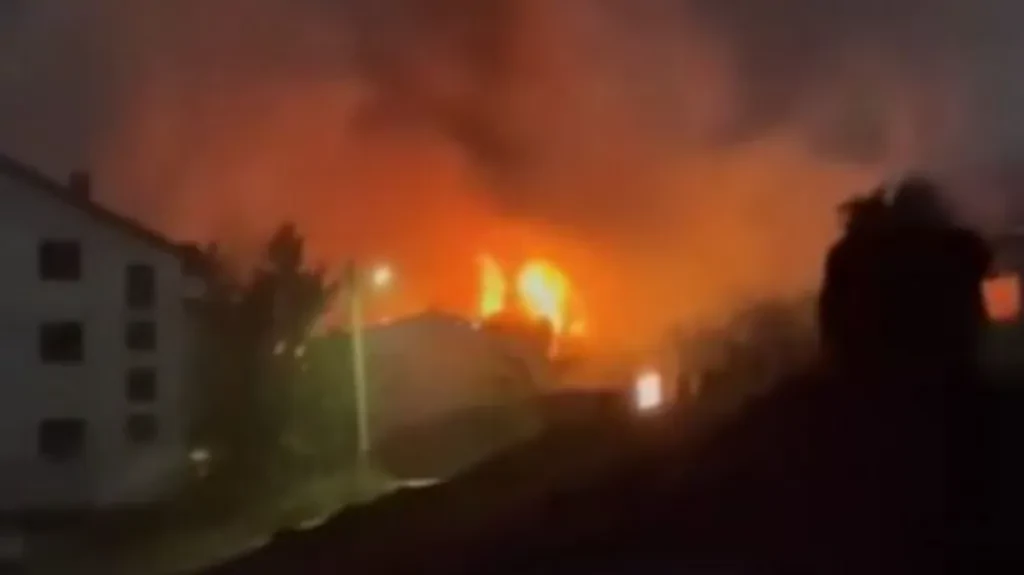
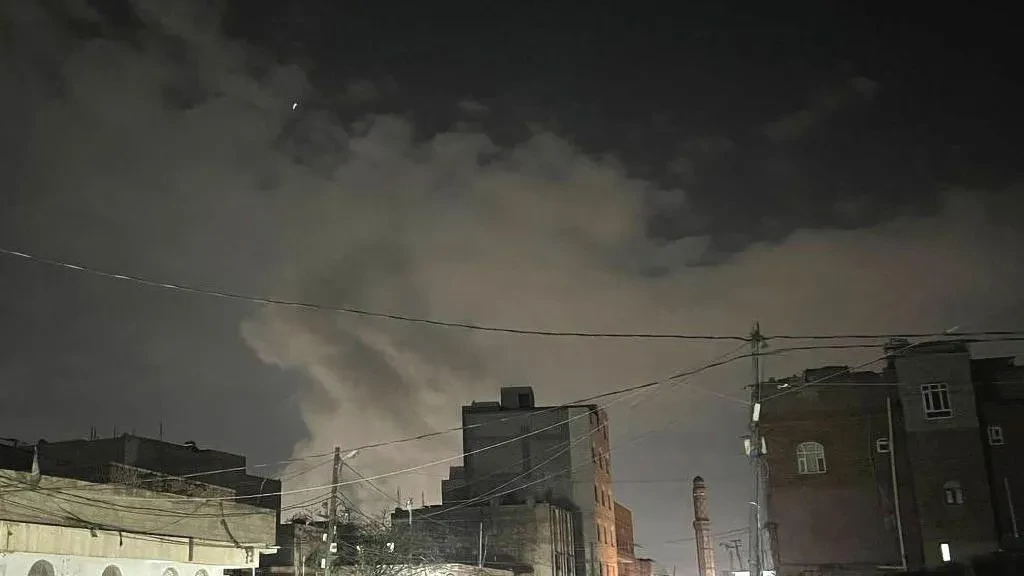

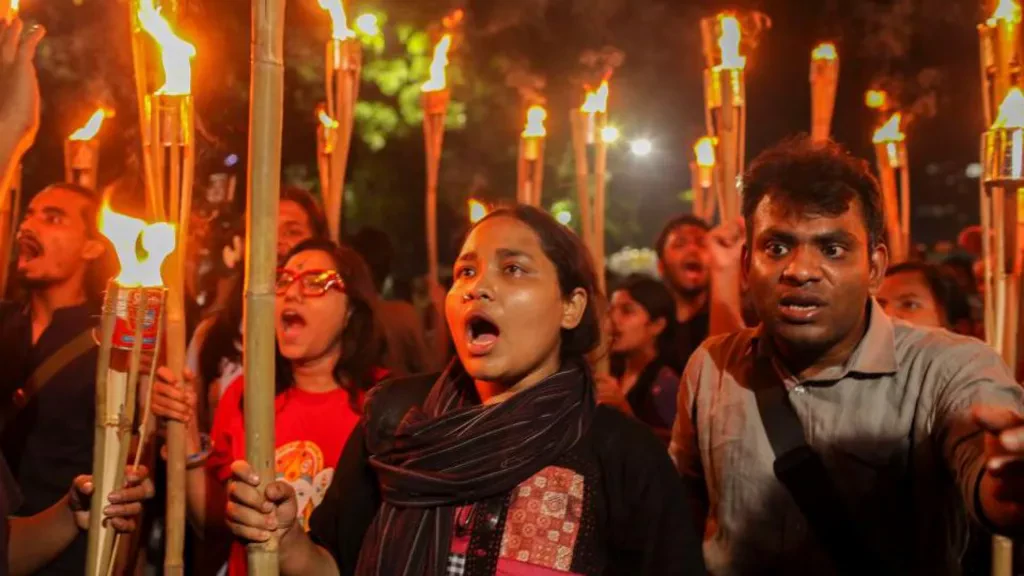

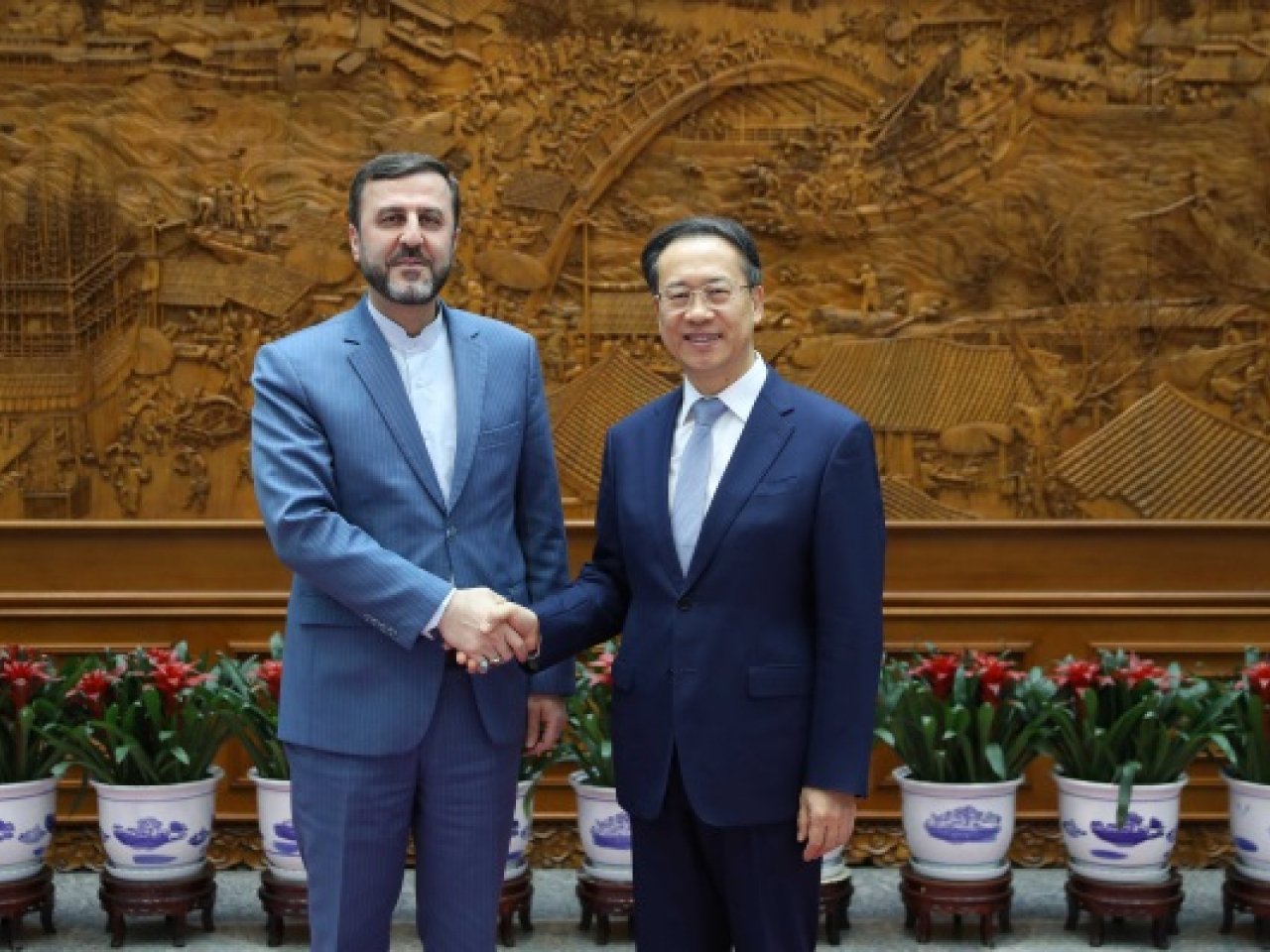
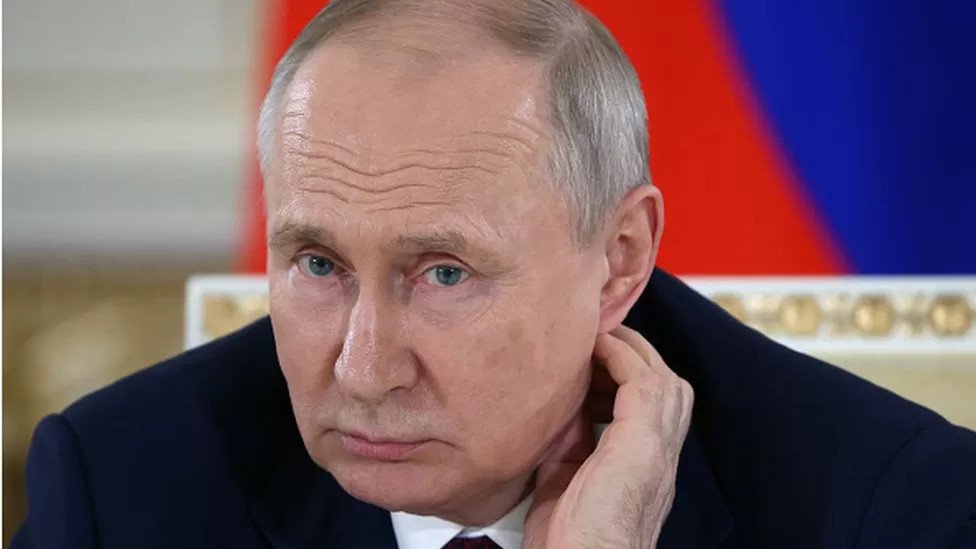
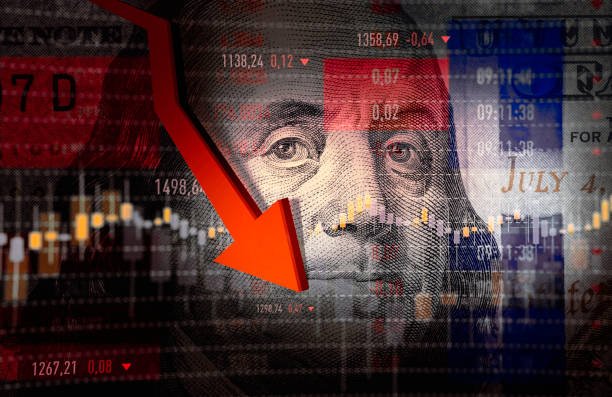
Leave Comment